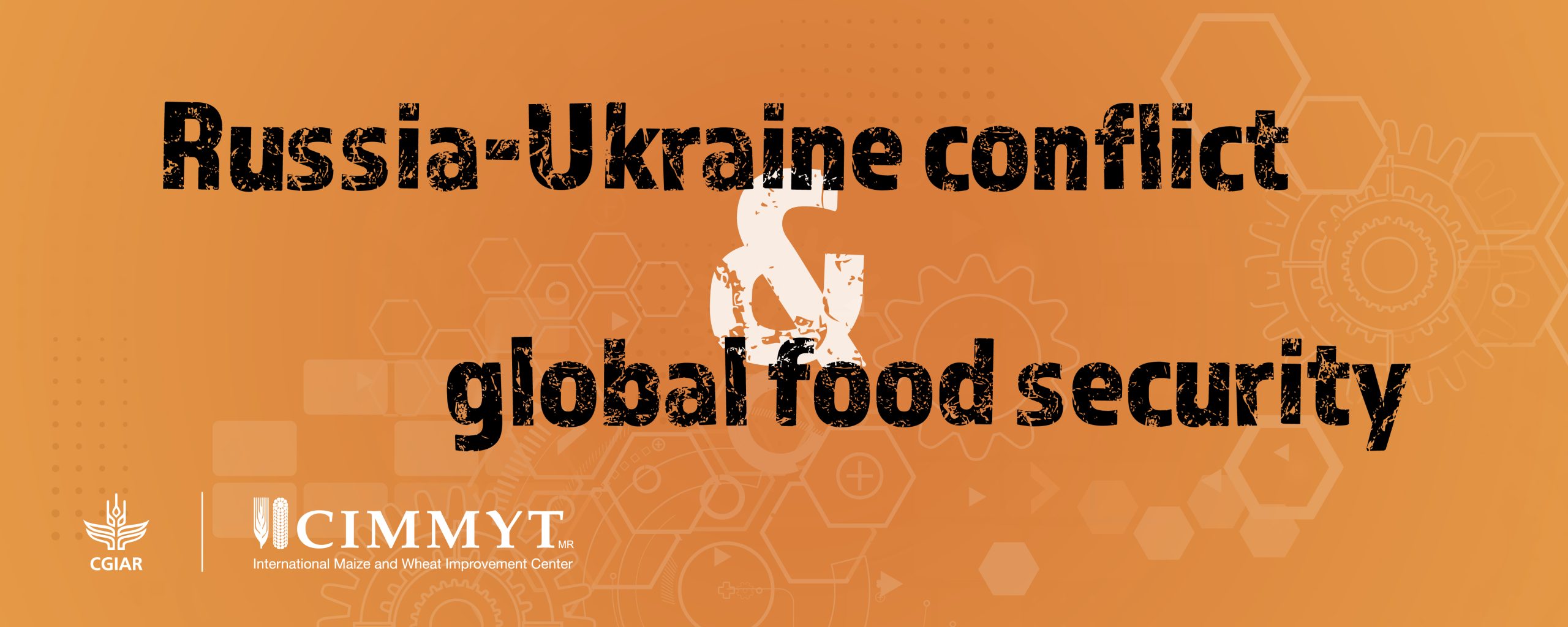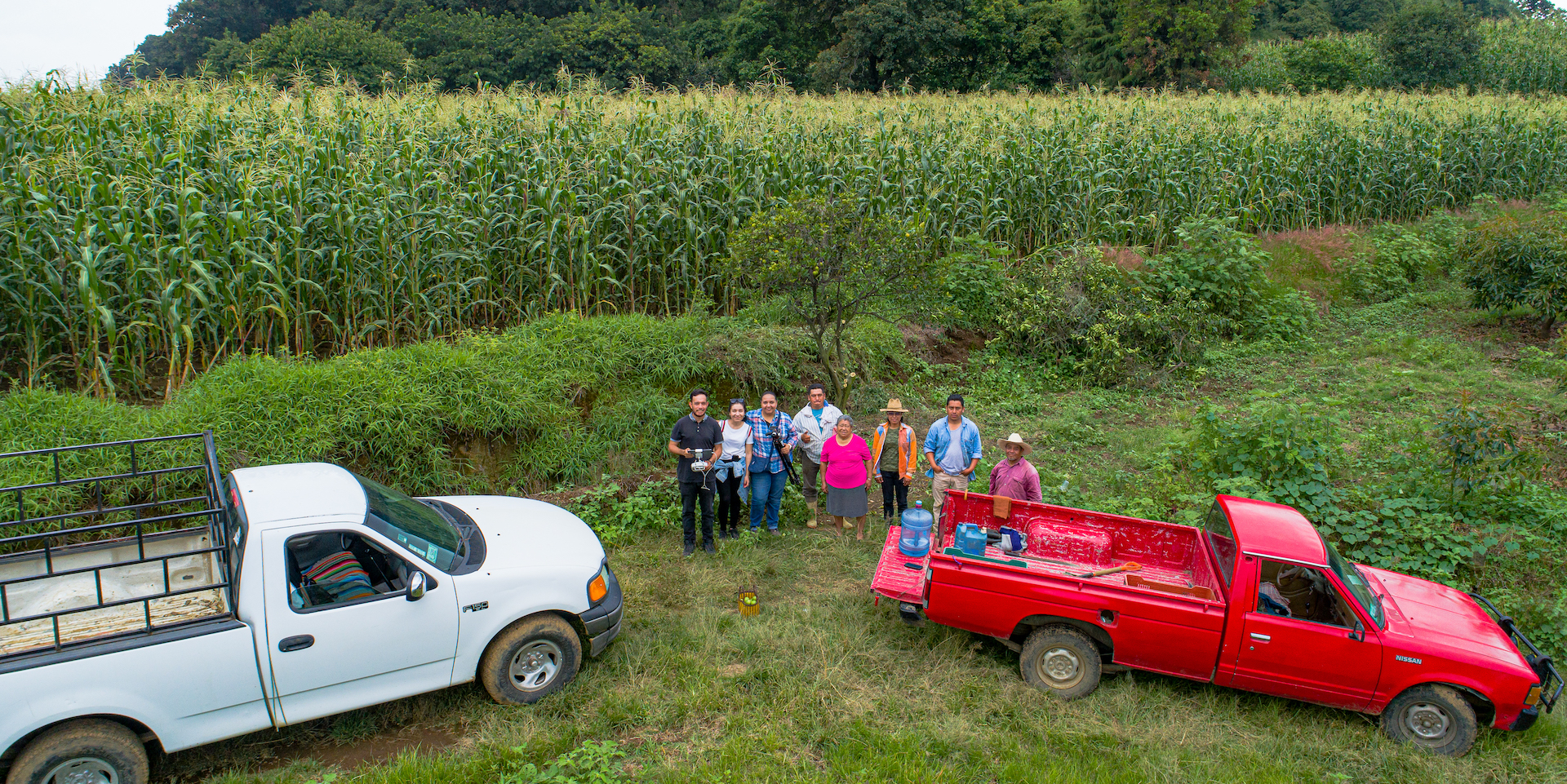As agricultural researchers around the world explore ways to avert what is quickly becoming the worst global food crisis in 50 years, it is imperative to shift the focus from efficient food value chains to resilient food systems.
This was one of the key messages Bram Govaerts, director general of the International Maize and Wheat Improvement Center (CIMMYT) shared with global and local audiences at a series of lectures and presentations at Cornell University the week of March 14, 2022.
Speaking as an Andrew White Professor-at-Large lecturer and lifetime Cornell faculty member, Govaerts advocated for ratcheting up investment in agricultural research and development. Not only this is necessary to avert the looming humanitarian catastrophe, he argued, but also to recover from the COVID-19 pandemic and rebuild a more peaceful, resilient and food-secure world.
“Countries that are ill-prepared to absorb a global food shock are now facing similar conditions to those that triggered the Arab Spring a decade ago — possibly even worse,” Govaerts said.
In the lecture “Food Security: A legacy turned into a future challenge of peace, prosperity & empowerment,” he compared the current challenge to the 1970s famine threat in South Asia, which was averted by the introduction of improved, high-yielding wheat varieties bred in Mexico by the late Nobel Peace Prize Laureate, Norman Borlaug.
“Today, humanity faces an existential challenge fueled by conflict, environmental degradation and climate change that urges a transformational response in the way that we produce, process, distribute and consume food,” he said.
In a public lecture “What is the leading agricultural research for development organization doing to help farmers adapt to climate change?” Govaerts acknowledged agriculture’s dual burden as both a cause and victim of climate change.
“We need to get climate change out of agriculture, and agriculture out of climate change,” he said, advocating for climate change as the driver of research and innovation, and calling for investment in transforming from efficiency to resilience.
Referencing the Ukraine crisis and its looming food security implications, he reminded attendees that we can all be inspired by Norman Borlaug’s accomplishments applying science to agriculture, and move quickly, together, to avert disaster.
“We need the same bold thinking, to do something before it’s too late,” Govaerts told the audience, which included nearly 200 online attendees and a full auditorium at Cornell’s College of Agricultural and Life Sciences.
“There is no ‘other’ team that is going to do it for us. This is the meeting. This is the team.”
CIMMYT implements integrated agri-food systems initiatives to improve maize and wheat seeds, farming practices and technologies to increase yields sustainably with support from governments, philanthropists and farmers in more than 40 countries.
In addition, along with the Nobel Peace Center and the Governments of Mexico and Norway, CIMMYT launched the Agriculture for Peace call in 2020 to mobilize funding for agricultural research and extension services to help deliver much-needed global food systems transformation.
Cover photo: Maize and other food crops on sale at Ijaye market, Oyo State, Nigeria. (Photo: Adebayo O./IITA)

 Nutrition, health and food security
Nutrition, health and food security 
